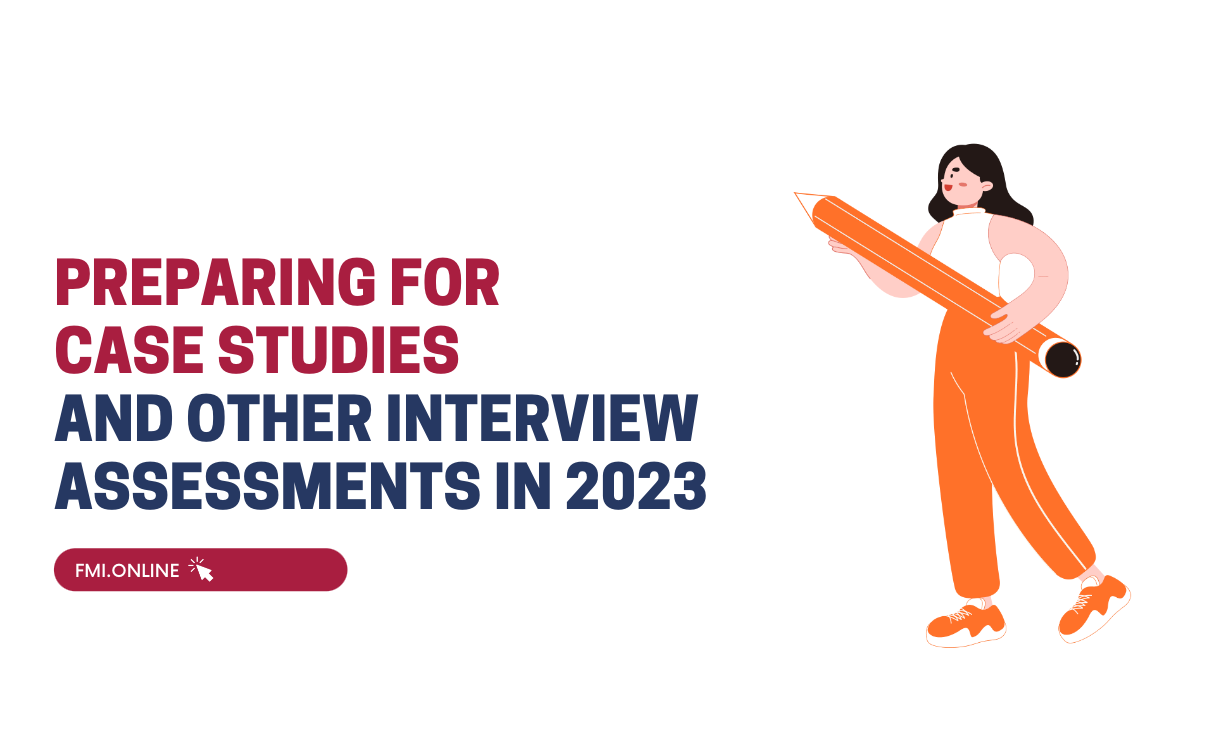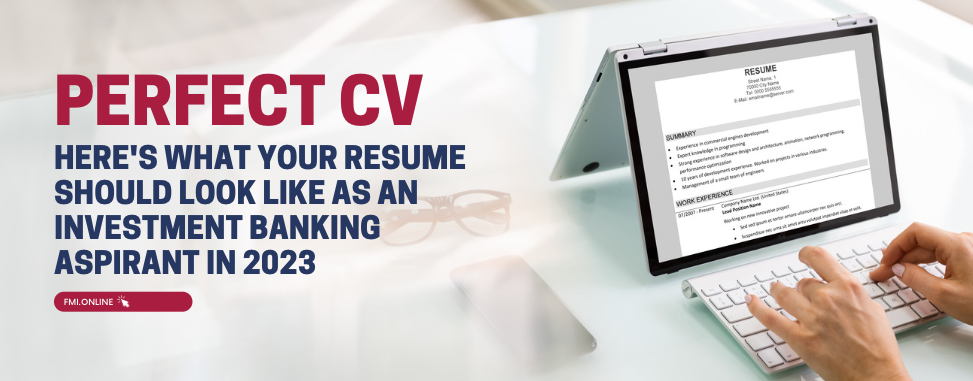What is the average number of Nike shoes sold in Delhi?
A seemingly impossible-to-answer question like this has lately become an important part of interviews for a certain set of roles. Known as guesstimate (guess + estimate) questions, these are asked in consultant and analyst interviews as well as for most interviews during MBA placements. Guesstimates are estimates based on a mix of guesswork and calculation.
The question, as seen in the above example, can be random, weird, confusing, and at times, you may not know where to start at all. But, it’s doable. That’s because no one cares whether you get the answer right or not. The focus rather is on the method you use to get to the answer. Interviewers are simply interested in learning how you solve a complicated challenge problem as many of these roles require that you have a problem-solving mindset.
So, if challenges excite you, let’s help you learn 3 quintessential tricks to ace guesstimate questions during an interview:
1. Think Logically:
The interviewer or panellist will have plenty of time to get to know you personally during the behavioural interviews. But guesstimate questions are their way to assess your ability to construct a logical flow.
That means every step should naturally lead to the next step and make sense, somewhat like solving a Mathematics equation. In most cases, the logical sequence will comprise 3-5 steps, where you begin from a broad pool and narrow it down to get to your answer (as explained below). But remember that the journey matters more than the destination because chances are the interviewer also doesn’t know the correct answer. Hence, the priority is clearly getting the process right.
2. Write and Speak:
You will get a pen and paper for solving guesstimate questions. Use this to illustrate, think, write down your calculations etc. What you write is a reflection of how you think, so make sure you have a few tools in your arsenal and try to keep things tidy. We find flowcharts to be quite useful and can be deployed to visualise almost anything.
Further, when we are nervous during interviews or exams, we tend to write as we please and scribble on rough paper. Yet, you want to show the interviewer that you are meticulous in your thinking. So, avoid untidy and haphazard writing.
Finally, performing calculations like these requires a person to think out loud. So don’t worry about speaking as you try to solve guesstimate questions. The interviewer, after all, is trying to gauge your thought process, and your commentary can help them immensely. This also brings to the fore your communication skills. You should also ask questions, preferably in the beginning, to rule out any confusion. For example in the above question, are we talking about any particular type of Nike shoe such as running shoes or sneakers? Do we account for shoes sold in Delhi but worn outside the city and vice-a-versa?
3. Stay Calm:
Once again, the magic lies in the process and not the answer. Hence, if you’re flustered while solving the question, that is worse than getting the answer wrong. Remember this before and during the interview. Roles like management consultants, financial analysts and the like require that you stay calm in high-pressure situations.
You always want to be able to demonstrate that you are in control of the situation no matter how outlandish the question may seem to you at first. So, ensure that keeping your composure is part of the practice. Many aspirants will often practice hundreds of guesstimate questions but forget to master any tips to prevent panic. Ensure that during mock interviews, you practice ways to keep a positive and stress-free mindset because the better your mind functions, the faster you’d be able to get cracking on the answers.
A Solution in Action:
Let’s consider our original question: What is the average number of Nike shoes sold in Delhi?
At FMI, we have devised the CSAC framework to solve guesstimate questions:

Clarify:
Clear all your doubts with the interviewer such as what type of month are we looking at. For example, more people will buy shoes in Delhi in the winter than in summer.
Structure:
Quickly decide which approach you want to use. The top-down approach works the best in questions that require you to find out a smaller number from a large pool. The trick is to use the method that calls for the least number of assumptions.
Analyse:
This is the most important step. Here’s what that might look like for this question:
Step 1: From the branded and non-branded shoe stores in Delhi, consider only branded stores
Step 2: Divide branded stores into Nikes only and those selling Nike shoes along with other brands
Step 3: Calculate the average monthly sales for each of the above stores and add them
Step 4: Calculate the average monthly sales in Delhi for Nike shoes online
Step 5: Add 3 and 4
Conclude:
Once you are confident in your approach and answer, be ready to present your findings to the interviewer.

Conclusion:
Treat guesstimate questions as a chance to untangle a fun problem – something like a Rubic’s Cube or a crossword puzzle. This will take the pressure off the situation. Also remember, you are being assessed for your logical reasoning, organizational, communication, and analytical skills. To bode well on these parameters, you must have a 3-5 step process, ask reasonable questions, keep calm, and answer coherently and confidently. Further, here’s another detailed guide to cracking the next steps to landing a financial analyst job.












 60+ hours
60+ hours 9 courses
9 courses



